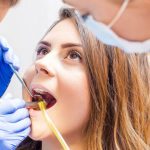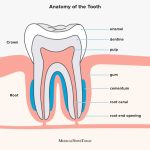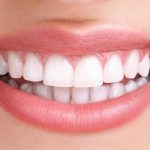Teeth Brushing Tips for Toddlers: How to Make the Experience Less Stressful
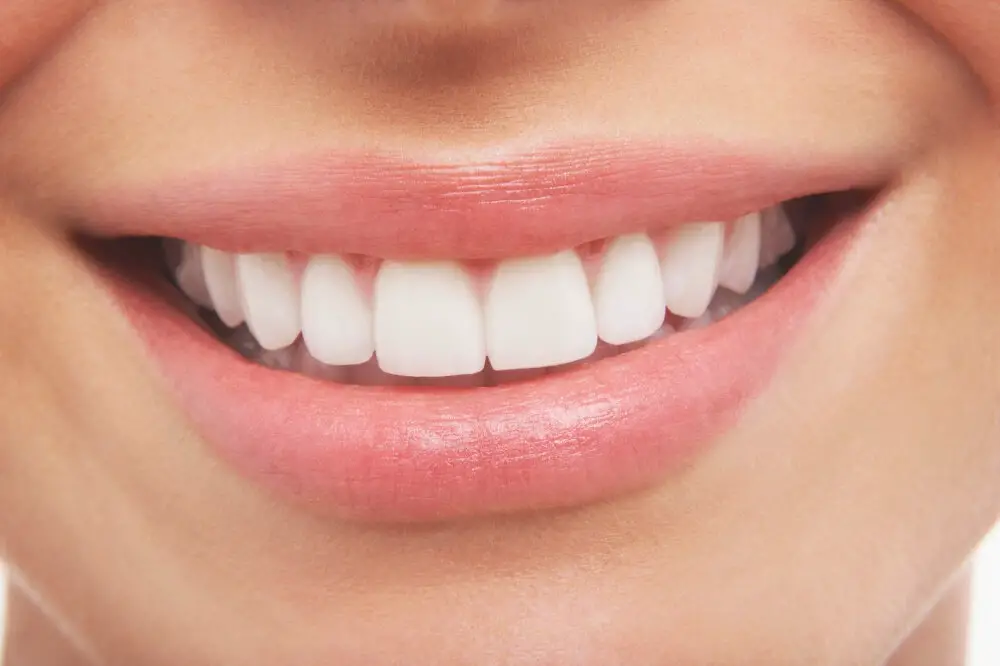
Dental care and hygiene are essential for overall health and well-being. It is crucial to start teaching children about the importance of brushing their teeth at a young age. As parents, it can be challenging to get toddlers to brush their teeth regularly without any resistance. Toddlers may find teeth brushing to be a stressful and uncomfortable experience, which can lead to tantrums and meltdowns. However, with some tips and tricks, parents can make the teeth brushing experience less stressful and more enjoyable for their little ones. Establishing a teeth brushing routine early on can help make the experience less stressful for toddlers. Parents can start by making brushing teeth a part of their child’s daily routine. It is also important to choose a time when the child is not too tired or hungry, as this can lead to resistance. By making teeth brushing a regular activity, toddlers will become more familiar and comfortable with the process, making it easier for parents to get them to comply. In the following paragraphs, we will discuss some tips and techniques that can help parents make teeth brushing a less stressful experience for their toddlers.
Dental hygiene is crucial for toddlers as it establishes healthy habits that will last a lifetime. Proper brushing techniques can prevent tooth decay and gum disease, which can lead to more serious health problems later on. Additionally, regular dental check-ups can identify any issues early on and prevent them from becoming more severe. Teaching toddlers the importance of brushing their teeth can be challenging, but it is essential for their overall health and well-being. By making the experience less stressful and more enjoyable, parents can ensure that their children are developing good habits that will benefit them in the long run.
Getting toddlers to brush their teeth can be a challenging task for parents. Toddlers are often resistant or uninterested in brushing their teeth, which can lead to dental problems later on. One of the biggest challenges is getting toddlers to sit still long enough to brush their teeth properly. They may also be hesitant to open their mouths or resist having the toothbrush in their mouth. Additionally, toddlers may not understand the importance of brushing their teeth and may not see it as a necessary part of their daily routine. As such, parents must find creative ways to make teeth brushing less stressful and more enjoyable for their little ones.
Start Early

Starting early with teeth brushing is essential for setting up healthy dental habits for toddlers. As soon as baby teeth start to emerge, parents should begin gently brushing them with a soft-bristled brush and water. This not only helps to remove any food particles or bacteria that may be present but also gets children used to the sensation of brushing their teeth. As toddlers grow older, parents can introduce a pea-sized amount of fluoride toothpaste to their brushing routine. By starting early, parents can ensure that their child’s teeth remain healthy and strong, reducing the risk of cavities and other dental problems in the future. Starting early with teeth brushing can also be beneficial in reducing stress and anxiety associated with dental visits. When children are used to the sensation of brushing their teeth from a young age, they are less likely to experience fear or discomfort during dental exams or procedures. Additionally, by establishing a regular teeth brushing routine at home, parents can help to promote a positive attitude towards dental hygiene that can carry over into adulthood. By making teeth brushing a fun and enjoyable experience, parents can help their toddlers develop healthy habits that will benefit them for years to come.
Starting dental hygiene early is essential for maintaining healthy teeth and gums throughout life. Toddlers who learn to brush their teeth and floss properly from an early age develop good oral hygiene habits that they are likely to carry into adulthood. Establishing a daily routine of brushing and flossing helps to prevent cavities, gum disease, and other oral health problems. Parents can make the experience less stressful by using child-friendly toothbrushes, toothpaste, and floss, and by making brushing time a fun and interactive activity. By promoting good oral hygiene practices early on, parents can set their children up for a lifetime of healthy teeth and gums.
Introducing toothbrushes and toothpaste to toddlers can be a daunting task for parents. However, it is essential to start early to establish good oral hygiene habits. Begin by choosing a toothbrush with soft bristles and a small head, specially designed for toddlers. You may also consider letting your child pick out their toothbrush to make the experience more fun and engaging. Next, choose a toothpaste that is age-appropriate and does not contain fluoride until your child is old enough to spit it out. Encourage your child to brush their teeth twice a day, and make it a fun and interactive activity. Singing songs or playing games can help distract your child and make the experience less stressful. With patience and persistence, your toddler will learn to love brushing their teeth and maintain good oral health for years to come.
Make It Fun
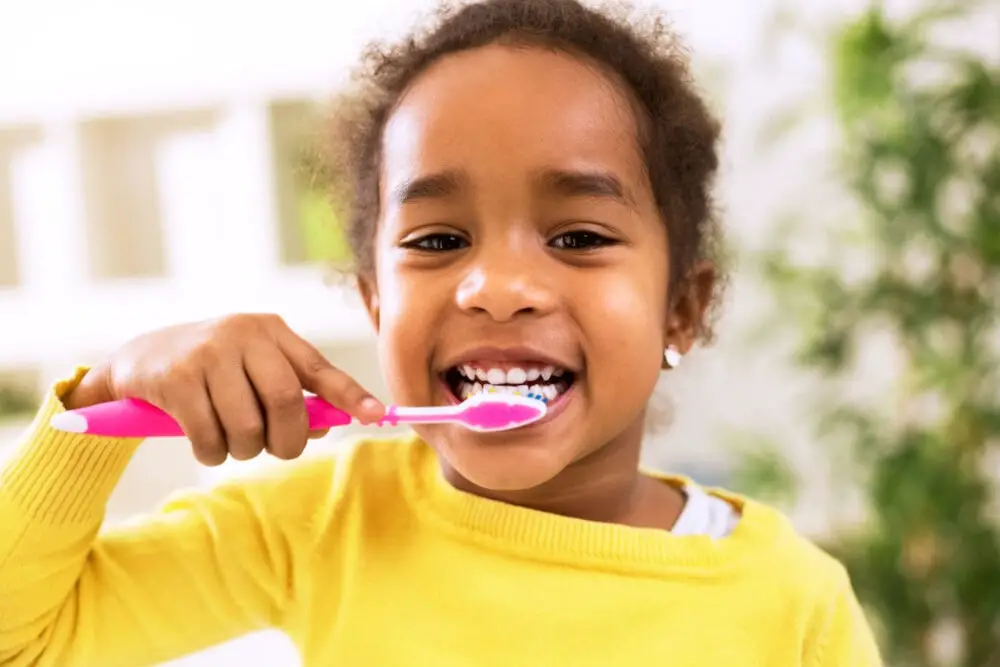
Making teeth brushing fun for toddlers can be a challenge, but it is an essential part of their daily routine. One way to make it enjoyable is to let them choose their toothbrush and toothpaste. Toddlers love to feel independent and in control of their choices, so allowing them to choose their favorite cartoon character toothbrush or fruity toothpaste can make the experience more exciting for them. Additionally, you can make brushing a game by setting a timer for two minutes and challenging them to brush until the timer goes off. This can help make brushing a fun activity that they look forward to. Another way to make teeth brushing fun is to sing a song or play a favorite song while brushing. Toddlers love music, and incorporating it into their brushing routine can turn it into a fun and enjoyable experience. You can also make brushing a family activity by brushing together as a group. Toddlers love to mimic their parents, so seeing their family members brushing their teeth can encourage them to do the same. By making teeth brushing fun, you can help your toddler develop good dental hygiene habits that they will carry with them throughout their lives.
Brushing teeth can be a challenging task for toddlers, but there are creative ways to make it fun and enjoyable. Singing a tooth brushing song or playing a favorite song during brushing time can make it more entertaining. Letting the child choose their toothbrush and toothpaste with their favorite character can also make them more excited about brushing. Turning it into a game by pretending to be a dentist or counting teeth as they brush can make it more engaging. Additionally, using a reward system such as stickers or small prizes for consistent brushing can make the experience more positive. By incorporating these creative methods, parents can make brushing teeth a fun and stress-free experience for toddlers.
One of the best ways to make teeth brushing a less stressful experience for toddlers is to turn it into a fun activity. Singing songs or playing games while brushing teeth can not only distract toddlers from the uncomfortable feeling of a toothbrush in their mouth but also make the entire process enjoyable. Parents can sing their child’s favorite nursery rhymes or create a teeth-brushing song to make the activity more engaging. Additionally, parents can challenge their toddlers to a teeth-brushing race, where the first one to finish brushing their teeth wins a small prize. These simple and fun techniques can make teeth brushing a less daunting task for toddlers and help them develop good oral hygiene habits early on.
Lead by Example
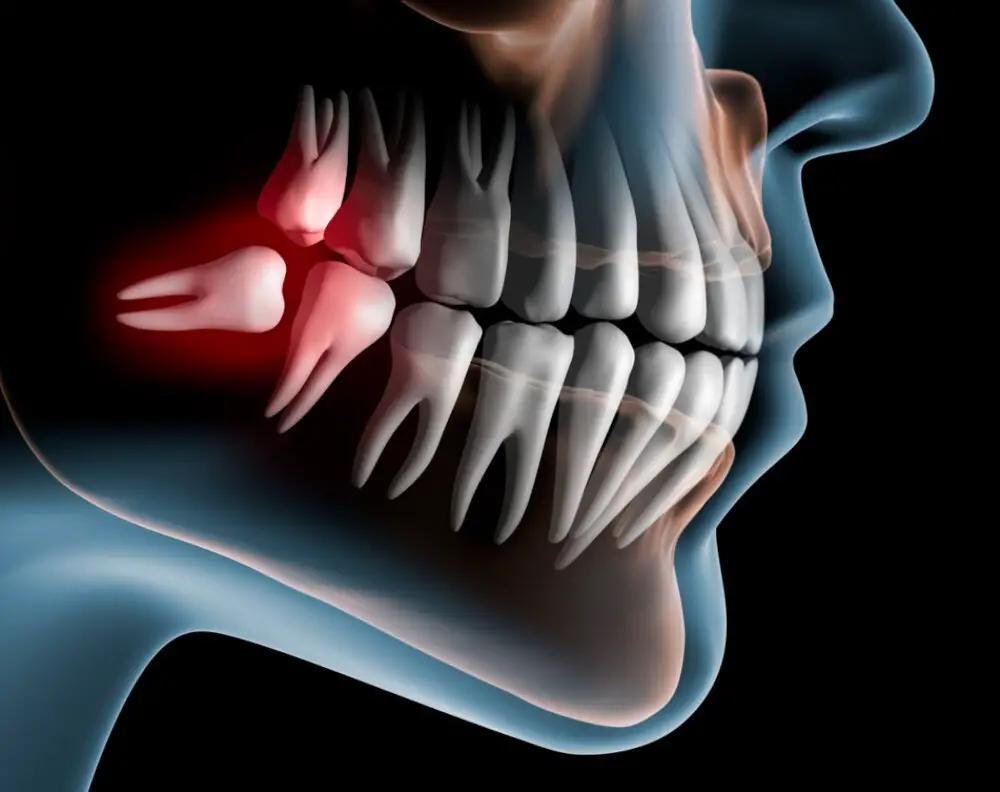
When it comes to teaching toddlers how to brush their teeth, leading by example is crucial. Children learn best by watching and mimicking their parents and caregivers, so it’s important to show them how to properly brush their teeth. Make it a habit to brush your teeth in front of your child and let them watch you. This will not only teach them how to brush, but it will also reinforce the importance of oral hygiene. By leading by example, you are setting a good role model for your child to follow and establishing healthy habits that will last a lifetime. In addition to brushing in front of your child, you can also involve them in the process. Give them their own toothbrush and let them practice brushing their teeth while you supervise. This will help them feel more involved and in control of their own oral hygiene. You can also make brushing a fun activity by singing a song or playing a game while you brush together. By making it a positive experience, your child will be more likely to continue brushing their teeth on their own and develop good oral hygiene habits. Remember, leading by example is not only important for teaching your child how to brush their teeth, but it’s also important for instilling healthy habits that will benefit them for years to come.
As a parent or caregiver, it is crucial to set a good example for your toddler by brushing your teeth in front of them. Toddlers are at an age where they are learning and imitating behavior, and seeing their role models brush their teeth can help reinforce good oral hygiene habits. Additionally, toddlers may feel more comfortable and less intimidated by the toothbrushing experience if they see their parents or caregivers doing it too. It can also be a bonding opportunity as you brush your teeth together, making it a positive and enjoyable experience. So, take the time to brush your teeth in front of your toddler and show them the importance of taking care of their teeth.
Modeling good dental hygiene behavior for toddlers is crucial in establishing healthy habits that will last a lifetime. Parents should lead by example and demonstrate the proper way to brush teeth, floss, and rinse. It is also important to make the experience fun and engaging by using colorful toothbrushes, flavored toothpaste, and singing songs or telling stories while brushing. Parents should encourage their children to take an active role in their dental care by letting them choose their own toothbrush and toothpaste. By creating a positive and interactive environment, toddlers will be more willing to participate in the teeth brushing process and develop healthy habits that will benefit them in the long run.
Use Positive Reinforcement
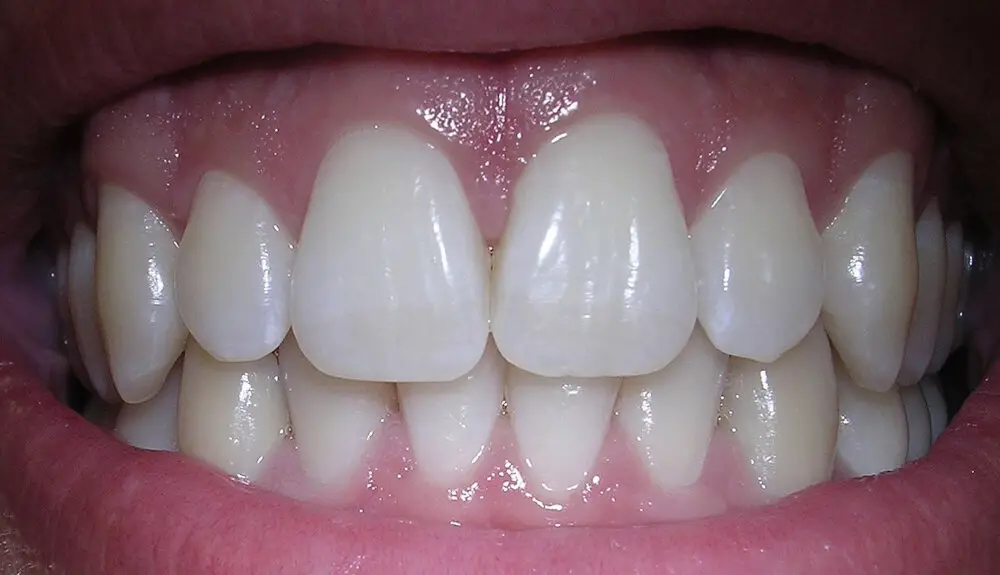
One of the most effective ways to make teeth brushing less stressful for toddlers is to use positive reinforcement. This technique involves praising and rewarding your child for good behavior during the teeth brushing process. For example, you could offer verbal praise and a small treat, such as a sticker or a piece of fruit, for every successful brushing session. This will help your child associate teeth brushing with positive experiences and encourage them to continue the behavior in the future. It’s important to be consistent with your rewards and praise, so your child understands that this is a regular part of the teeth brushing routine. Another way to use positive reinforcement is to involve your child in the process. This can include letting them choose their toothbrush and toothpaste, or allowing them to brush their own teeth with your supervision. When your child takes an active role in the teeth brushing process, they are more likely to feel empowered and excited about the activity. You can also make teeth brushing a fun game, such as pretending to be a dentist or counting teeth as you brush. By incorporating positive reinforcement and making teeth brushing a fun activity, you can help your toddler develop good dental hygiene habits that will last a lifetime.
Rewarding toddlers for good dental hygiene behavior is an effective way to encourage them to establish healthy dental habits. Positive reinforcement can be in the form of praise, stickers, or small treats. Toddlers respond well to immediate rewards, so make sure to acknowledge their efforts right after brushing their teeth. Consistency is key to make the reward system work, so make it a routine and be consistent in rewarding good behavior. However, it is important to avoid using sugary treats as rewards as it can defeat the purpose of promoting good dental hygiene. Instead, opt for healthy snacks or non-food rewards to make it a fun and enjoyable experience for your little one. By rewarding good dental hygiene behavior, toddlers will learn to associate brushing their teeth with positive feelings and make it a healthy habit for life.
Using positive language and encouragement is an effective way to reinforce good habits in toddlers. When it comes to teeth brushing, parents can use phrases like \great job\ and \you’re doing awesome\ to boost their child’s confidence and make the experience less stressful. It’s also helpful to focus on the benefits of brushing, such as having strong and healthy teeth, rather than the negative consequences of not brushing. By using positive language and encouragement, parents can create a positive association with teeth brushing and make it a fun and enjoyable experience for their little ones.
Brushing teeth can be a daunting task for parents, especially when it comes to toddlers who may find it stressful and uncomfortable. However, there are several tips to make the experience less stressful for both the child and the parent. First, make brushing a fun activity by letting the child choose their toothbrush and toothpaste. Secondly, set a routine and brush at the same time every day to establish a habit. Thirdly, use positive reinforcement and praise the child for a job well done. Fourthly, be gentle and use a soft-bristled brush to avoid discomfort. Lastly, make it a family activity and brush teeth together to make it a fun bonding experience. By following these tips, parents can make teeth brushing less stressful for their toddlers and promote good dental hygiene habits that will last a lifetime.
Establishing good dental hygiene habits early in life is crucial to maintaining healthy teeth and gums. It is recommended that children begin brushing their teeth as soon as their first tooth emerges, and parents should assist with brushing until the child is able to effectively do it on their own. Teaching children proper brushing techniques, as well as the importance of flossing and regular dental check-ups, sets the foundation for a lifetime of good oral health. Neglecting dental hygiene in childhood can lead to a host of issues such as cavities, gum disease, and even tooth loss. By making teeth brushing a fun and positive experience for toddlers, parents can help instill healthy habits that will benefit their child’s oral health for years to come.
Conclusion
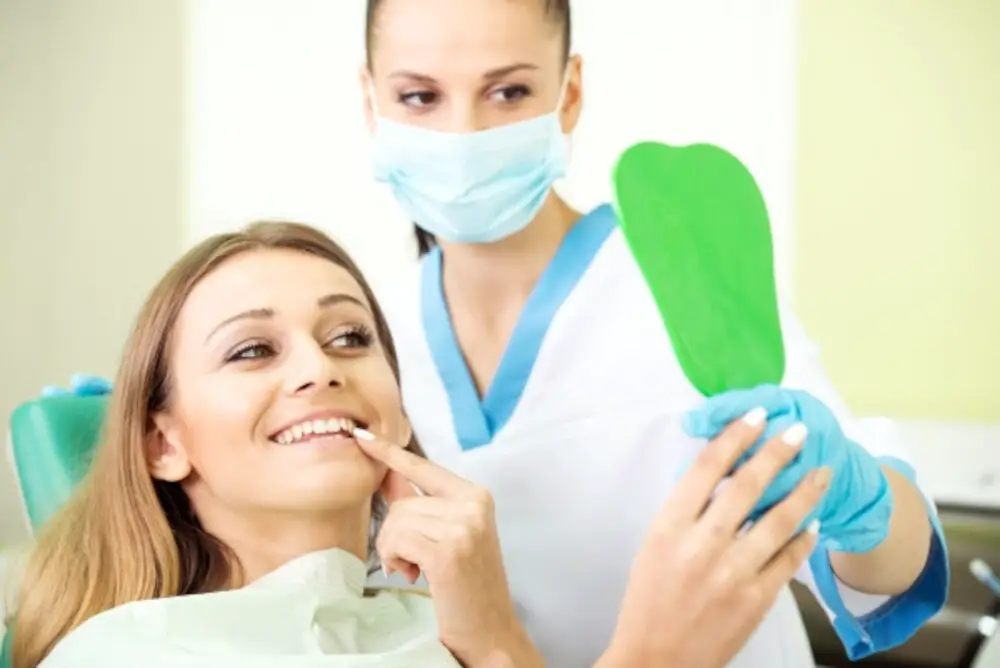
In conclusion, establishing a regular teeth brushing routine during toddlerhood is crucial for maintaining good oral hygiene and preventing dental problems later in life. However, this daily task can be a source of stress and frustration for both parents and toddlers alike. By implementing some of the tips discussed in this article, such as making brushing a fun activity, using positive reinforcement, and leading by example, parents can help make the experience less stressful and establish healthy dental habits for their little ones. It is important to remember that every child is different, and what works for one may not work for another. With patience, persistence, and a little creativity, parents can help their toddlers develop a lifetime of good oral hygiene habits.


